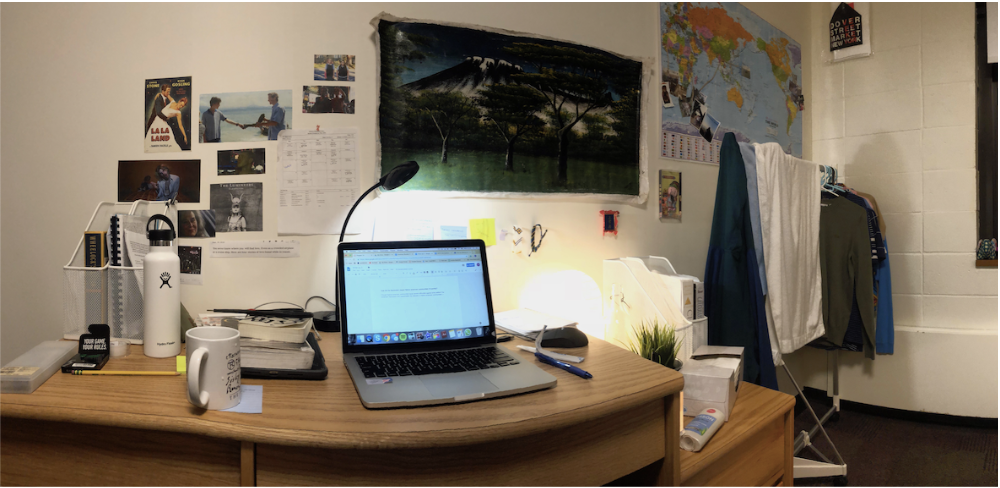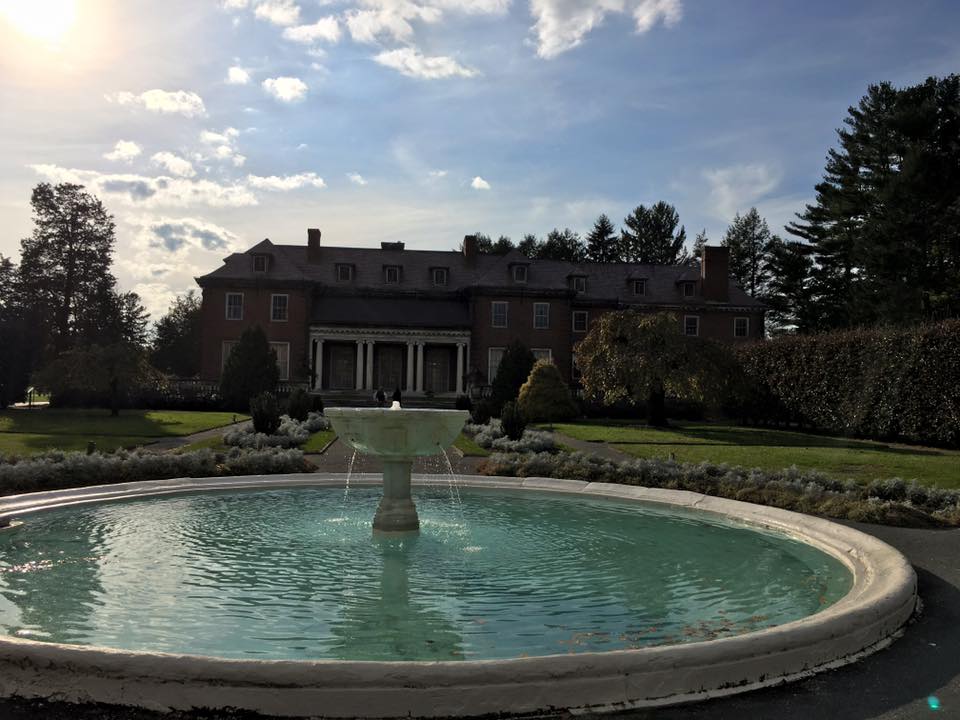In a recent survey by the Foundation for Individual Rights and Expression (FIRE), thousands of college students nationwide ranked 251 universities’ free speech policies from good to abysmal. In this study, students were surveyed on their experience with free expression at their respective schools and how comfortable they would be expressing their beliefs about various topics.
The overall university rankings were based on several factors, including tolerance of speakers, administrative support of student expression, the school’s value of openness, handling of disruptive conduct, and the ratio of viewpoints between liberals and conservatives.
This year, the top-scoring school for free expression was the University of Virginia (UVa) with a score of 73.41. FIRE stated that each of the top three schools had a ‘good’ speech climate and actively defended free expression during campus speech controversies.
UVa’s top spot was largely based on how comfortable students felt expressing their beliefs on campus and in front of professors and peers.
These rankings are especially prevalent during this time as the ongoing conflict between Israel and Palestine has brought many more free-speech controversies to campus. However, many students still choose prestige over policy when deciding which school to attend.
The two bottom-ranking universities were both Ivy League schools, Harvard University and Columbia University. Both schools were given a speech climate score of “abysmal” with an overall score of 0.008 due to a number of free-speech-related controversies over the years and how the schools responded to them, yet they still receive tens of thousands of applications each year.
According to FIRE, a majority of students surveyed at Harvard and Columbia felt that they couldn’t express themselves comfortably on campus and felt the need to self-censor or were worried about facing censorship by the school or faculty.
“I would think that higher education would be more on the side of students and that students can express their opinions and values. Students are in an exploration phase of life, and they need to be able to express themselves,” said Counseling Director Margaret Walendin. “Schools need to support that as long as it is not harming or creating a hostile environment for other students. They have to walk that line.”
As the senior class is in the midst of the college application process, many students must consider what factors they will prioritize when deciding where to apply. Students often consider academic interests, extracurricular activities, and location, but many forget to think about how their school’s policies will affect their experience.
“Being part of a prestigious school is a little bit intimidating when applying as a student because all you can think about is that you just want to get in, so you think you have to agree with everything the college has to say,” said Jamie Duffy ’25. “But I also think that students should have the guts to propose or bring something new to any campus, and every single school should be listening to their students and finding a compromise through discussion or policy.”
“If free speech is really important to you then that should matter because that’s going to be part of the four-year student experience. I don’t think people put enough weight on that piece and they put too much weight on the name, but that’s nothing new,” said Walendin.
According to FIRE, all of the bottom five schools, Barnard College, the University of Pennsylvania, New York University, Columbia University, and Harvard University have experienced controversies involving suppression of free speech relating to large-scale global conflicts.
“When you have a conflict, it forces the school to really think about their position on free speech and what that means. So then you’re going to have more students either aware of that or colleges misstepping,” said Walendin.
According to the survey’s results, students both liberal and conservative feel unsafe expressing political stances on campuses ranking towards the bottom of the survey.
”For me, free speech to a degree is very important. If it’s surrounding politics, I would much rather people be able to express themselves and talk about their own political opinions without receiving backlash for it,” said Neha Guruprasad ’25.
With college acceptance rates dropping year after year and the political climate becoming more polarizing, students are forced to consider what they value most: prestige or policy.




